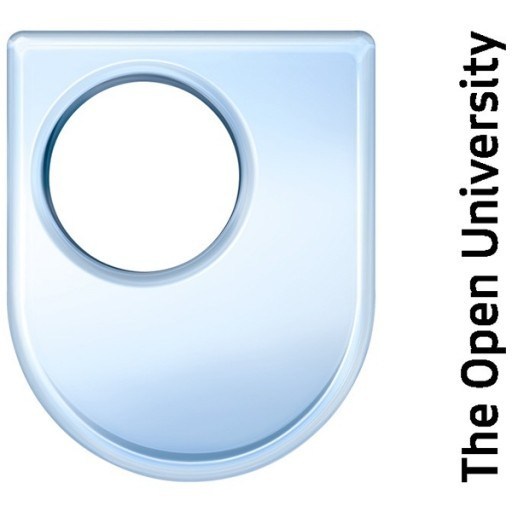Photos of university / #uni_southampton
Advertisement
This rich and innovative programme offers students from a wide range of Arts and Humanities backgrounds the opportunity to study the intellectual history, politics, literature, music, material culture, buildings and landscape of medieval and Renaissance Europe. Taught by specialist staff from the disciplines of History, English, Music and Archaeology, and including modules in Latin and Palaeography, this interdisciplinary programme is designed to equip you with the range of skills you need in order to undertake high-level research in all aspects of the medieval and the Renaissance.
The programme comprises six taught modules (four compulsory modules and two options) plus a dissertation. Full-time students will take all taught modules during two semesters and complete their dissertation by the following September. Part-time students will take the taught modules over four semesters, and complete their dissertation by the September of the second year. In the core module, From Medieval to Renaissance: Reading the Evidence', you will explore the fascinating history, religion, politics and culture of the medieval and early modern periods and will be taught how to access, read and analyse key primary sources from the period. All students are required to follow a Latin module, which will familiarise you with the classical and medieval forms of the language, as well as a Palaeography module which will enable you to read original documents in Latin and English. Two optional modules then allow you to explore and pursue your own interests within the period in greater detail.
This programme is divided into 180 credits. 120 credits are obtained from taught modules with the remaining 60 credits relating to the dissertation.
Typical course content
The programme comprises six taught modules (four compulsory modules and two options) plus a dissertation (15-20,000 words). Full-time students will take all taught modules during two semesters and complete their dissertation by the following September. Part-time students will take taught modules during four semesters, and complete their dissertation (15-20,000 words) by the September of year two.
Year 1
Students may consider taking a "free elective" as an option in both S1 and S2. but they should contact the MA Convenor to discuss.
Semester One
Compulsory:
LATI9002Latin Language (Accelerated Course): Stage 1 and 2CMRC6002From Medieval to Renaissance: Reading the Evidence Optional:
MUSI6003Individually Negotiated Topic (M,C,P)MUSI6007Individually Negotiated TopicARCH6027Principles of Ceramic and Lithic ArchaeologyARCH6091Social ArchaeologyENGL6032/ENGL6033Individually Negotiated TopicMUSI6003Individually Negotiated Topic (M,C,P) Semester Two
Compulsory:
LATI9002Latin Language (Accelerated Course): Stage 1 and 2CMRC6002From Medieval to Renaissance: Reading the EvidenceCMRC6003Medieval and Renaissance PalaeographyCMRC6004Dissertation (Medieval and Renaissance Culture) Optional:
CMRC6010Medieval Political ThoughtHIST6057The Soldier in Later Medieval EnglandARCH6103Buildings and Roman SocietyARCH6080Ceramic and Lithic Projects for ArchaeologistsARCH6102Ceramic and Lithic small projects for ArchaeologistsENGL6032/ENGL6033Individually Negotiated TopicMUSI6007Individually Negotiated TopicPlease note: This specification provides a concise summary of the main features of the programme and the learning outcomes that a typical student might reasonably be expected to achieve and demonstrate if s/he takes full advantage of the learning opportunities that are provided. More detailed information can be found in the programme handbook (or other appropriate guide).
Arts and Humanities Research Council Block Grant; Humanities studentships may be available








